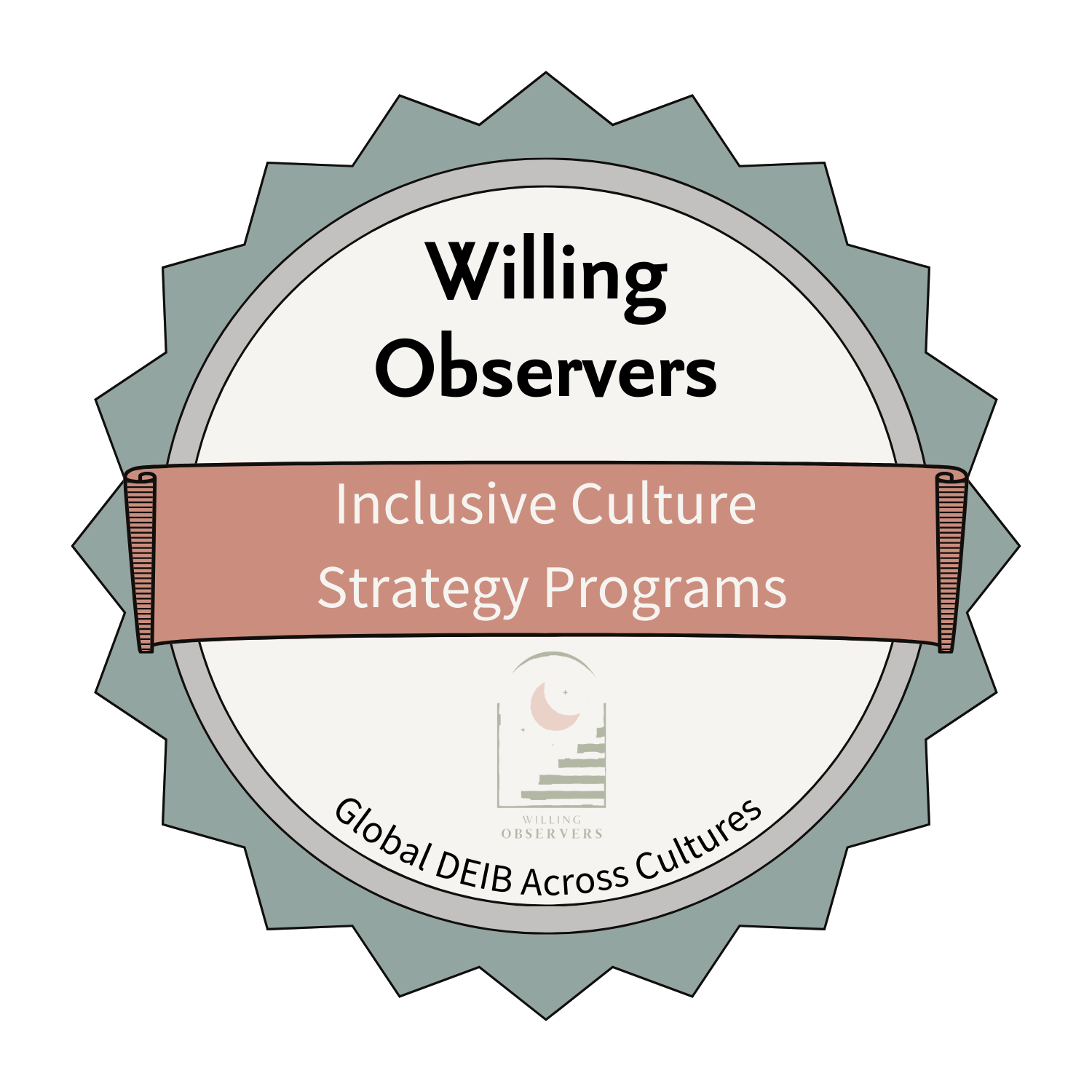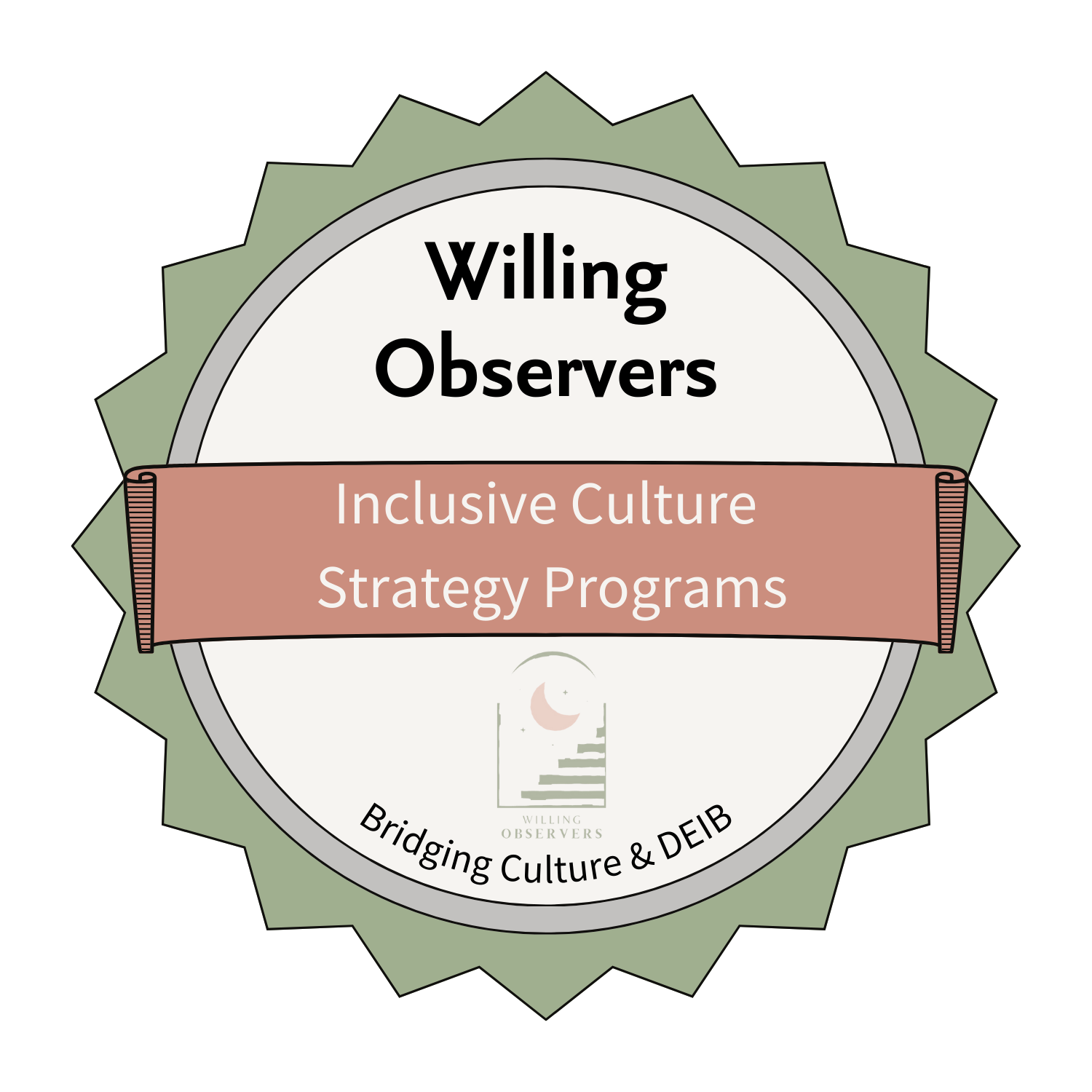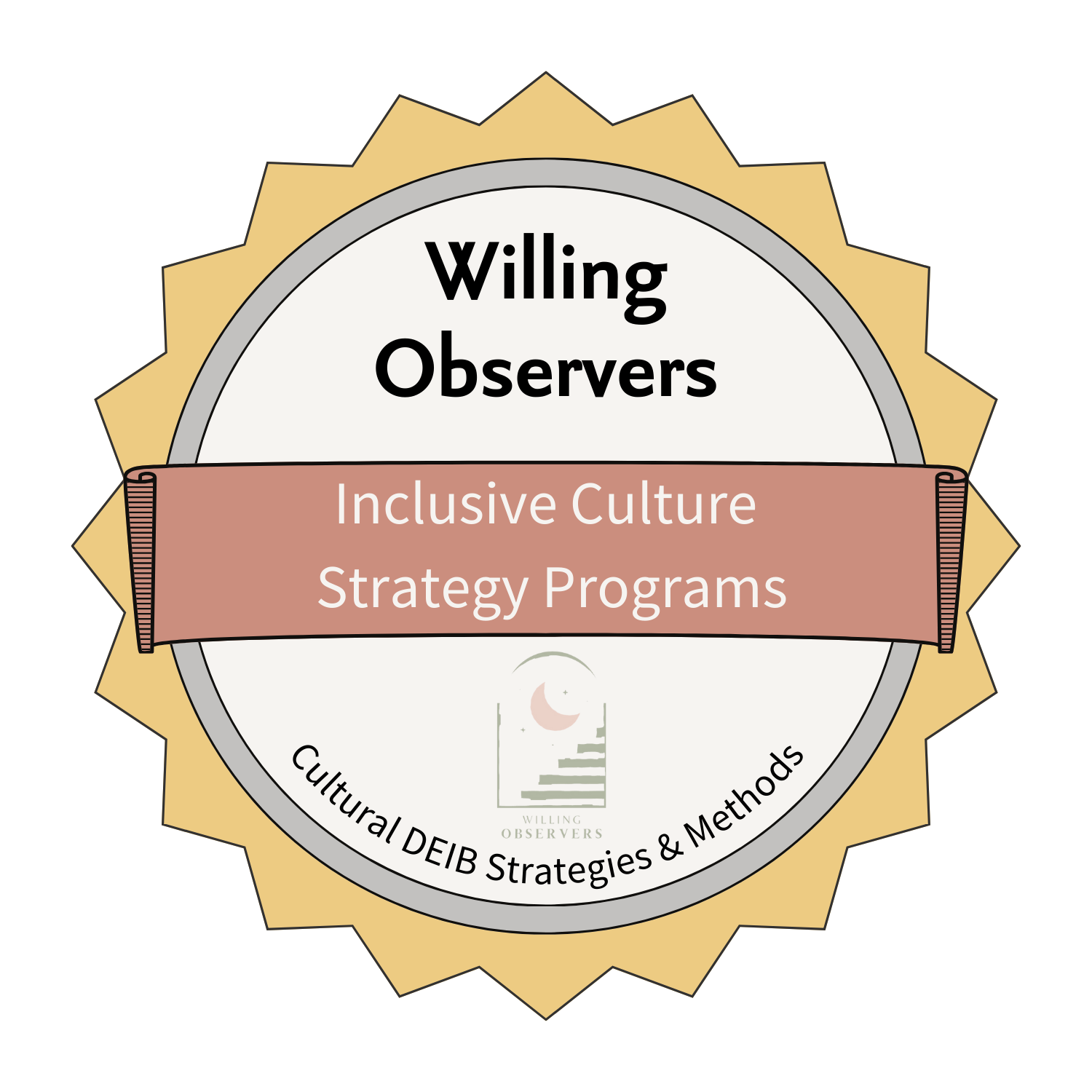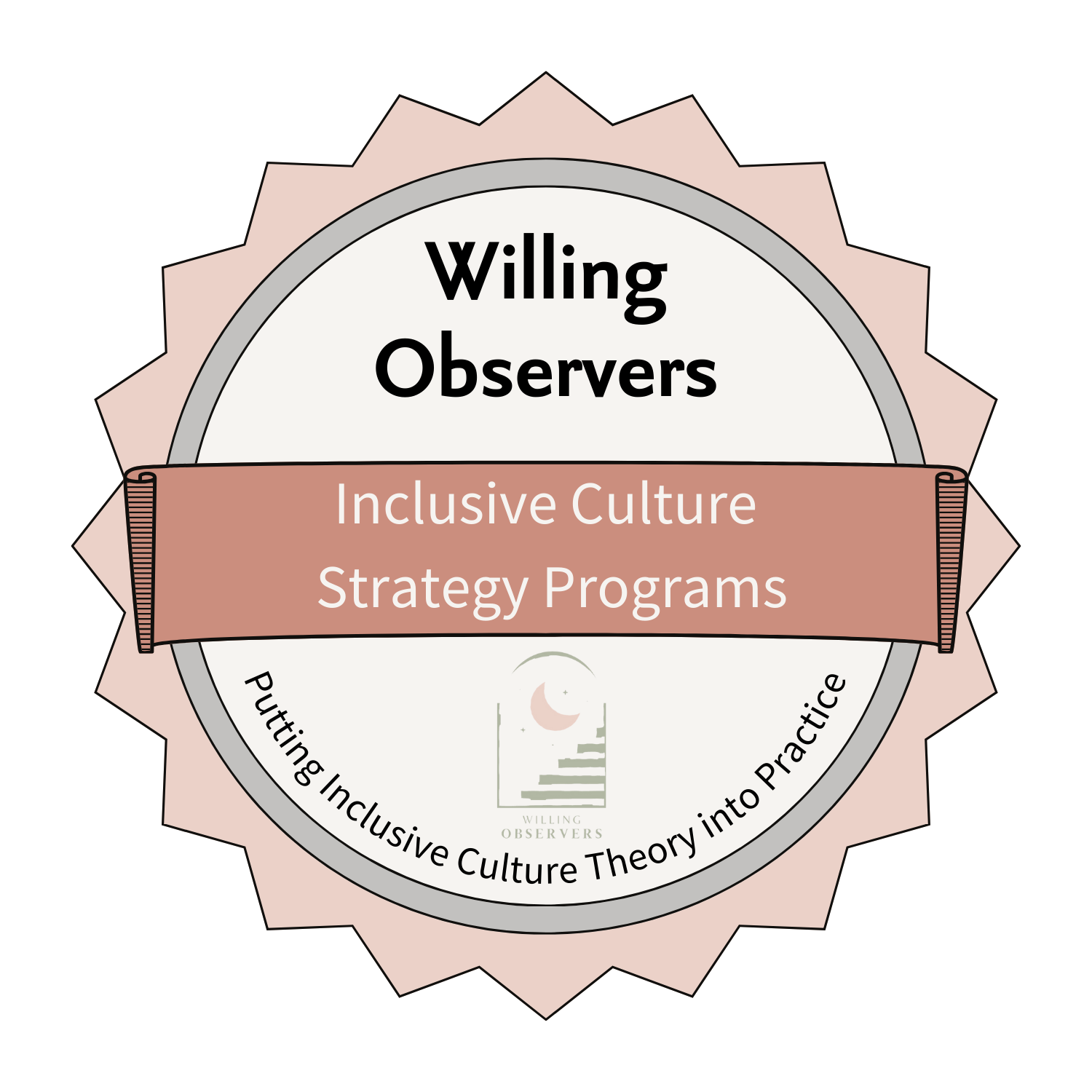Key Course Takeaways
✓ Understand historical and contemporary U.S. and global DEIB.
✓ Gain cultural competence skills to work productively across political and cultural differences.
✓ Learn how to conduct cultural assessments to identify meaningful and impactful goals.
✓ Design culture-change initiatives that drive positive business outcomes.
✓ Employ quantitative and qualitative metrics to evaluate the efficacy of culture-change initiatives.
Module 1: Global DEIB Across Cultures
Lessons in this module introduce participants to the history of global DEIB, considered in the context of late-20th-century shifts in business management, workforce demography, and global capitalism. Participants will first explore Affirmative Action and the rise of diversity management as a business imperative in the United States. They will then turn to a consideration of how DEIB and cross-cultural issues were commonly addressed in a global context in the late 20th century via intercultural communication strategies, internally, and increased focus on sustainability and Corporate Social Responsibility (CSR), externally. With a better understanding of the history of global DEIB and considerations of culture, participants will be better equipped to understand the changing landscape of DEIB work in the 21st century.
By the end of Module 1, participants will be able to:
understand the differences between doing diversity, equity & inclusion work as a matter of compliance versus to achieve business goals.
understand the concept of culture and its elements, including how culture is defined and understood in global business management strategies.
identify the role of sustainability and CSR in global DEIB strategy.
-

Lesson 1: History & Current Global DEIB
Explore the historical development and evolution of diversity, equity, inclusion, and belonging initiatives in the United States and its impact around the world.
-

Lesson 2: Intercultural Communication
Learn how culture and communication historically has been employed in global DEIB strategies and how it continues to influence DEIB, locally and globally.
-

Lesson 3: Corporate Impacts on Equity
Delve into how and why Corporate Social Responsibility (CSR) has been conceptualized historically around the world and how CSR efforts can inform the building of impactful DEIB strategies in the 21st century.
Module 2: Bridging Culture & DEIB
DEIB is more than activities and programs–it is embedded in key areas, structures, and processes to create organization-wide change. This means that for DEIB work to be impactful, it must go beyond the individual and beyond individual behavioral change. To provide you with the knowledge and tools to create meaningful organizational change, lessons in this module engage with existing models for systems-wide understandings and assessments of DEIB and organizational culture, including major DEIB benchmarks and DEIB maturity models, as well as popular theories about organizational culture. The last lesson in the module introduces the systems-wide model created and used by Willing Observers: the contemporary anthropology approach to DEIB.
By the end of Module 2, participants will be able to:
understand how to take a systems-wide approach to DEIB.
identify the major elements of DEIB Benchmarks and DEIB Maturity Models
articulate the importance of understanding organizational culture to build meaningful DEIB strategies.
center a culture-change approach to embedding diversity, equity, inclusion, and belonging across the organization.
-

Lesson 1: Global DEIB Models for Change
Gain a systems-wide understanding of contemporary DEIB in a global context. Analyze popular DEIB models for change, from DEIB Benchmarks to Maturity Models, and exploring the role of the Chief Diversity Officer.
-

Lesson 2: Trajectories in Organizational Culture
Explore the main models used to understand organizational culture in business and their strengths and limitations for developing DEIB strategies that can create inclusive culture-change.
-

Lesson 3: The Contemporary Anthropological Approach
Gain a deep understanding of how contemporary anthropological approaches to culture can help us design more inclusive organizations and societies.
Module 3: Cultural DEIB Strategies & Methods
Conducting an assessment of an organization is an important step in building meaningful DEIB strategies. Lessons in this module focus on knowledge and skills needed to collect and analyze data to conduct a culturally driven DEIB assessment. Grounded in how to notice both individual and patterned organizational norms and implicit biases that create exclusion and limit access, these lessons expose participants to skill development in participant observation, interviewing, and artifact review, as well as basic techniques for pattern finding in data analysis. Through the application of these methods, participants can use data to identify an organizations’ potential problem and opportunity areas for DEIB.
By the end of Module 3, participants will be able to:
target and develop important cultural and communicative competencies, individually and organizationally.
identify opportunities for collecting relevant DEIB and cultural data within an organization.
use research methods to enhance DEIB initiatives, including participant observation, interviewing, and artifact review.
analyze demographic and cultural data to identify opportunities to develop strategies that increase diversity, equity, inclusion, and belonging.
-

Lesson 1: DEIB Strategies & Noticing Exclusion
Explore common DEIB strategies, from events and formal programs to DEIB structures. Apply ethnographic research methods to notice inequities and exclusion in organizations and society.
-

Lesson 2: Inclusive Communication
Develop skills for assessing and using inclusive communication in the workplace. Understand the importance of language, tone, and body language in fostering an environment where everyone feels heard and respected.
-
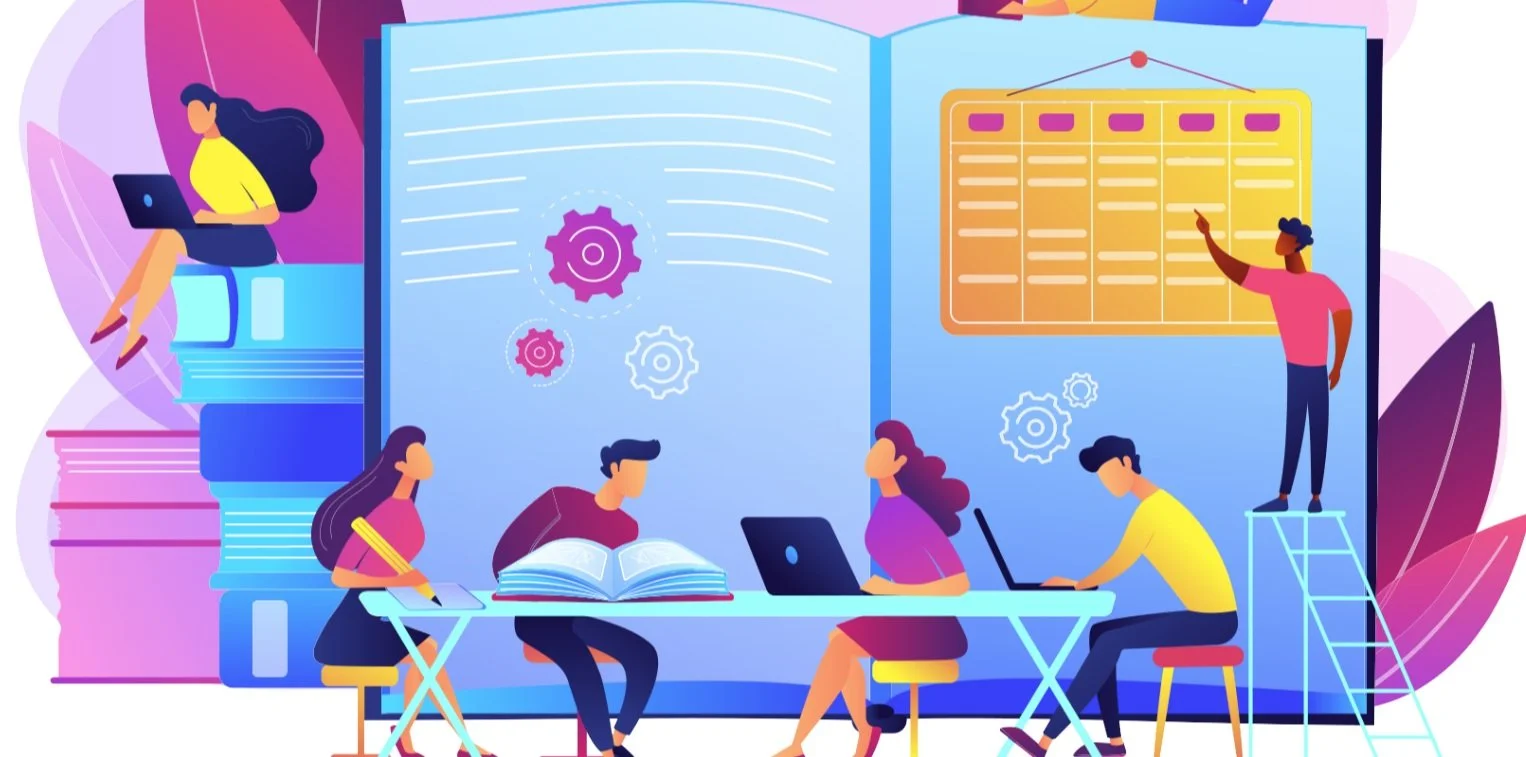
Lesson 3: Reading & Analyzing Organizational Artifacts
Learn how to identify opportunities for equity and access through organizational artifacts, such as demographic data, and organizational charts, maps, and policies.
Module 4: Putting Inclusive Culture Theory into Practice
In this module, participants will implement the inclusive culture theories and approaches they have learned to develop impactful DEIB strategies. Participants enrolled in the ICS Certificate will work from case studies to receive practical experience on assessing organizational culture, deriving thematic insights, and recommending systemic approaches to DEIB. Participants enrolled in the InCDP program will be asked to develop an organization-wide DEIB and Inclusive Culture Strategy and a five-year strategic plan, which includes measurements to track progress.
By the end of Module 4, participants will be able to:
identify meaningful DEIB goals to create systemic change in an organization.
identify key performance indicators and other measurements of success.
develop a plan for integrating accountability for DEIB across roles and levels in an organization.
develop impactful strategies and plans to create a more inclusive culture in their current or future organization with particular attention to divisive political climates.
-

Lesson 1: Identifying Goals & Measuring Progress
Learn how to set SMART DEIB goals that are tied to an organization’s primary purpose and how to measure their progress through common DEIB metrics.
-

Lesson 2: Creating Accountability
Overcome resistance and obtain buy-in for DEIB initiatives, assign DEIB responsibilities to various organizational roles, and identify how leadership can drive inclusive culture-change.
-

Lesson 3: Developing Inclusive Culture Strategies
Design Inclusive Culture Strategies or an Inclusive Culture Strategic Plan by applying what you have learned across the course using case studies or your own organization as inspiration.


